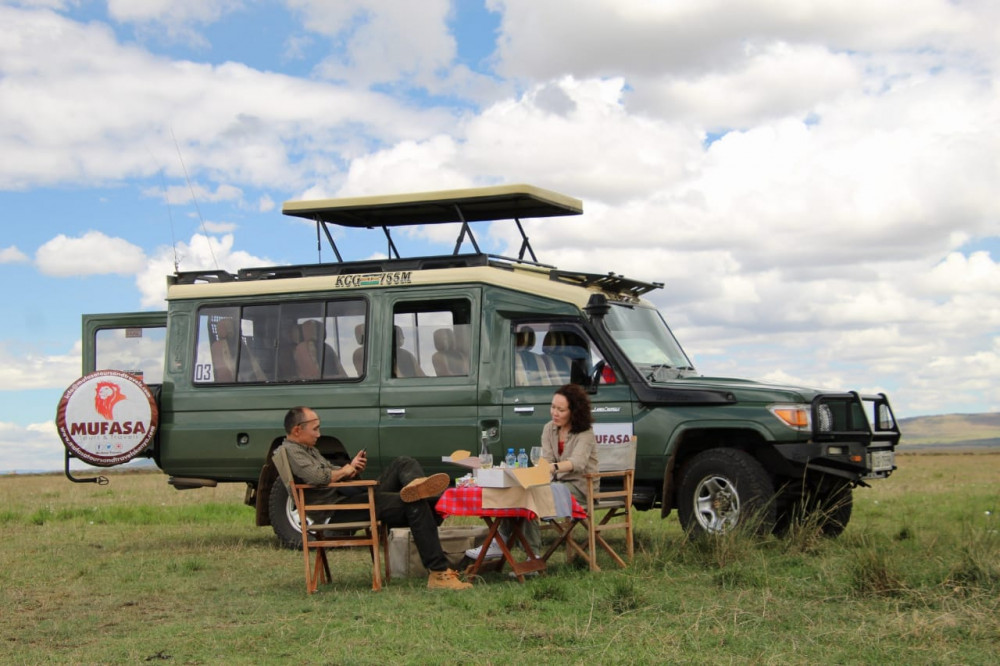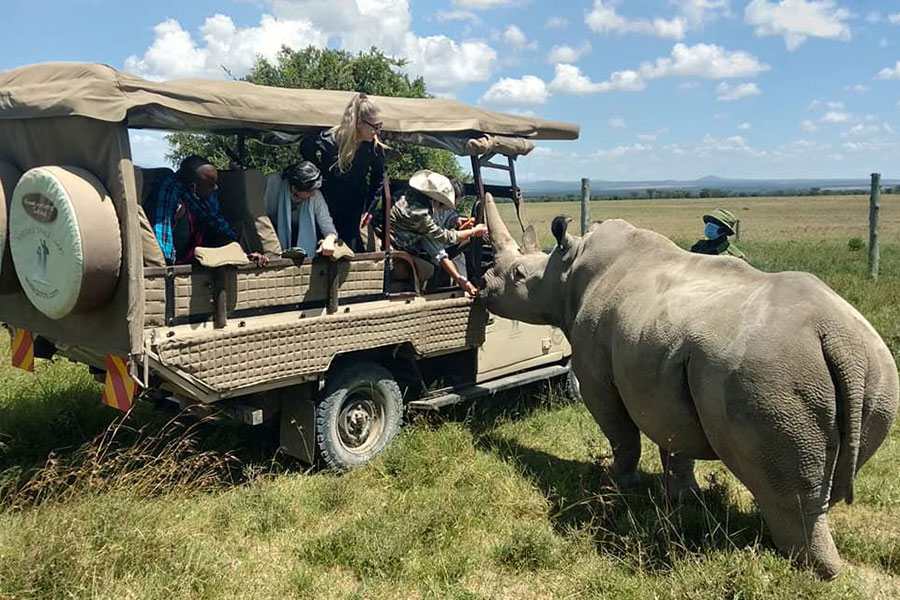Great Info For Selecting Devil666 Sites
What Transportation Arrangements Must I Be Aware Of During My Time In Mombasa?When planning a holiday in Mombasa, Kenya, understanding the options for transportation is crucial for a comfortable and pleasant trip. Here are the primary transportation arrangements you should consider:
1. How to reach Mombasa
Through Air: Moi International Airport (MBA) is the primary airport serving Mombasa. It is a hub for international as well as domestic flights. Many major airlines offer flights between and to Mombasa.
By Train: The Madaraka Express, operated by Kenya Railways, provides a modern and comfortable train service between Nairobi and Mombasa.
Bus The bus companies like Coast Bus and Modern Coast offer services from Mombasa and other cities in Kenya.
2. Local Transport in Mombasa
Taxis and Ride-Hailing services are easy to access. Ride-hailing services such as Uber and Bolt operate in Mombasa offering convenient alternatives for travel.
Tuk-tuks: These vehicles with three wheels are a common and affordable mode of transport within the city. These are best for short journeys.
Matatus is a kind of minibus for shared use which follows a specific route. It's the most common public transportation. The bus is affordable, however they are they can be crowded and less comfortable.
Boda bodas: Motorbike taxis can be utilized for quick and efficient travel, particularly in areas that have a lot of traffic or short distances.
3. Car Rentals
Rent a car at the airport or within the city. Car rental companies both local and international companies offer a range of vehicles. Be conscious of driving regulations at your location and the local traffic regulations.
Services for chauffeurs for those who aren't keen on driving by themselves, there are chauffeur driven rental car services that are available.
4. Ferry Services
Likoni Ferry connects Mombasa to the mainland to the south of the city. It is a vital service to reach the beaches to the south. Vehicles will be charged a fee.
5. Excursions, Day Trips, and Other Activities
Tour Operators: Numerous tour operators provide organized tours to popular tourist destinations like the Mombasa Marine National Park, Fort Jesus, and nearby beaches such as Diani and Nyali. A majority of these excursions include transportation.
Public Transportation: For independent travelers, using a combination of tuk-tuks and matatus and taxis, you can reach many places.
6. Walking and cycling
Hire a bicycle to take a relaxing ride.
Walking is possible at certain places in Mombasa. These include the Old Town and the areas that are along the beach.
7. Tips for travelers
Take taxis only when they are reliable and stay clear of public transportation in the evening. Be aware of your possessions.
Negotiation: In the event of taxis and Tuk-Tuks, it is best to negotiate your fare prior to your trip. Meters aren't commonly used.
Traffic: Expect lots of traffic, particularly around the Likoni Ferry or central business district.
If you are aware of these options for transportation and making the appropriate arrangements, you can ensure a hassle-free and enjoyable holiday in Mombasa. Follow the most popular kenya safari packages prices for more info including kenya safari packages, african safari tours, safar kenya, africa safaris and tours, mombasa safari, tour and travel company, african safari tours kenya, cheap kenya safari packages, travel tour companies, kenya tourism and more.

What Are The Culture Issues That I Should Be Aware Of While On Vacation In Mombasa Kenya?
It is essential to respect local culture when traveling to Mombasa. This will make for a more enjoyable experience. Here are a few important things to think about:
1. Dress according to local dress codes
Modest Dress: Mombasa has a significant Muslim community. In public spaces such as religious sites, public places, and areas of the neighborhood, it is crucial to dress in a modest manner. This means covering shoulders, chest, and knees.
Beachwear. Swimwear may be worn on the beach, but must be covered when visiting nearby restaurants or shops.
2. Religious Sensitivity
Mosques: Request permission before entering a mosque. Wear modest attire. Women must wear a head covering and everyone should remove their shoes before entering a mosque.
Be aware of times for prayers. Particularly, if there's a mosque close by Be mindful and be respectful.
3. Photography Etiquette
Request permission to take photographs, particularly in traditional or rural locations. Some people might feel uneasy, or believe it's intrusive.
Restricted Areas: Avoid taking photos of sensitive locations like military installations, government buildings and certain cultural sites where photography is prohibited.
4. Social Interactions
It is crucial to greet people with respect. Swahili greetings consist of "Jambo". Handshakes are common, but for Muslim women, it is respectful to wait until they extend their hands first, or simply greet verbally.
Personal Space: Pay attention to your the privacy of your own space and be aware of physical contact, specifically when you are with a male in a more conservative setting.
5. Cultural Taboos and Norms
Public Displays: It is generally considered inappropriate to display affection in public.
Left Hand Usage - Traditionally the left hand was considered unclean. Make use of your right hand for eating, greeting, and exchange of goods or money.
Footage: Disrespectful behavior is pointing or showing the soles of one's feet.
6. Language and Communication
Basic Swahili. Understanding a few Swahili basic phrases can go a great way to build rapport with the locals and showing them respect. A few of the most commonly used phrases include: "Asante" or "Habari" which both mean "Thank for your". ).
Politeness - Make sure you are polite and patient when you communicate. Kenyans are respectful and courteous when they interact with others.
7. Respect for local Customs
Traditional practices: Be respectful of the customs and rituals of the past. If you're invited for an event within your community, follow your hosts' behavior and pay attention to their manner of conduct.
Bargaining: Bargaining is popular at local markets and in shops, but you must do it respectfully and with good humor. This is not a threatening practice, but a cultural one.
8. Alcohol and Smoking
Alcohol is readily available however it should be drunk in a discreet manner. This is particularly true for areas with a majority Muslim population. Beware of drinking in public.
Smoking cigarettes is not allowed in public spaces. You will find designated areas for smoking.
9. Environmental Respect
Beware of littering and dispose of waste properly. Respect nature, wildlife and all other animals.
Support conservation efforts through respect for local wildlife and their habitats. Avoid purchasing products that are made from endangered species.
10. Supporting Local Communities
Local Businesses - Help local businesses and markets.
Responsible Tourism - Pick eco-friendly options and local tourism that benefit local people.
These guidelines on cultural sensitivity will help you to have an enjoyable and respectful experience in Mombasa. They also enhance your appreciation and understanding of the local culture. Read the best kenya watamu marine national park for website info including kenya africa travel, travel tours in kenya, safari trips in africa, africa in kenya, tour agents in kenya, safari a nairobi, kenya safaris, tours & safaris, tour and travel company, tour agents in kenya and more.

What Financial Planning Considerations Must I Be Aware Of Before I Travel To Mombasa Kenya?
If you plan to visit Mombasa, Kenya, careful financial planning can help to ensure a pleasant and easy vacation. Here are some important financial issues to keep in your head:
1. Budgeting
Accommodation: Make a plan and research the accommodations you will be staying in. Prices are influenced by the type of lodging and the location.
Transportation: Include costs for flights, transportation costs (taxis matatus tuktuks car rentals) and outings.
Costs for meals of all kinds, which includes food and eating out. Costs can vary from low-cost local eateries to expensive restaurants.
Create your tours and activities include the cost of entry fees, guided tours and other activities, like excursions, water sports or cultural tours.
2. Rates of Exchange for Currency
Kenyan Shillings (KES) is the currency used in Kenya. Be familiar with the exchange rate.
Currency Exchange Exchange money with reputable banks and currency bureaus. You can also exchange money at the hotel. Don't exchange cash on the streets.
ATMs: Mombasa has many ATMs. Check that your card can be used to withdraw money internationally. Also, check any fees.
3. Payment Methods
Cash is useful for small transactions, tipping and other places in which credit cards aren't accepted.
Most major credit cards are accepted in restaurants, hotels and larger stores. Inform your bank of your travel plans so that you don't risk your card from being denied access.
M-Pesa: M Pesa has become an extremely popular mobile payment system in Kenya. If you have an existing local SIM, it's a good alternative for transactions.
4. How to save money
Travel outside of season. By traveling in the off-season or shoulder (April to October, and November through April), you can save cash on hotels, flights and other travel costs.
Make sure to book in advance to secure better deals on flights.
Local Eateries - Eat at local eateries and food stalls for an authentic experience and a budget-friendly price.
5. Tipping
Tipping is now an African tradition. If you don't have service included, it is recommended to tip 10% at restaurants. Tips for hotel staff, guides and drivers according to your preference.
It is nice to give small amounts of money in local currency. Porters should be tipped KES 50-100 per bag and housekeepers KES $100 per day.
6. Emergency Funds
Reserve funds: Have an emergency stash and have additional funds in the form of a credit or debit card to cover unexpected expenses.
Travel Insurance: Make sure you have a comprehensive travel insurance that covers cancellations, medical emergencies and property loss.
7. Security
Hotel safes are a great storage space for valuables such as passports as well as extra cash. Be aware when using ATMs, particularly at night.
Avoid Carrying Big Sums. Do not carry large cash amounts with you. Separate your cash and credit cards in your wallet, and then put them in a safe area.
8. Local Transactions
Bargaining: At local markets it is commonplace to bargain. Make sure you are respectful and keep a good humor. Try to achieve a fair cost.
Receipts and Records Keep records of your significant purchases and transactions. This can be helpful for budgeting purposes and also in the event of disputes.
9. Understanding Fees
Consult your bank for information on international withdrawal fees. Certain ATMs might charge an additional fee when paying with foreign cards.
Currency Conversion Charges: Know the currency conversion fees you could be charged by your bank when using your debit or credit cards overseas.
When you consider these aspects of financial planning, you can manage your costs effectively and enjoy a worry-free holiday in Mombasa. Check out the most popular kenya holiday packages for website advice including kenya tours, tours and safaris in kenya, safari excursions, kenya tourism, african safari africa, mombasa travel agency, tours and safaris, kenya tours, kenya safari tours, kenya safari packages and more.
